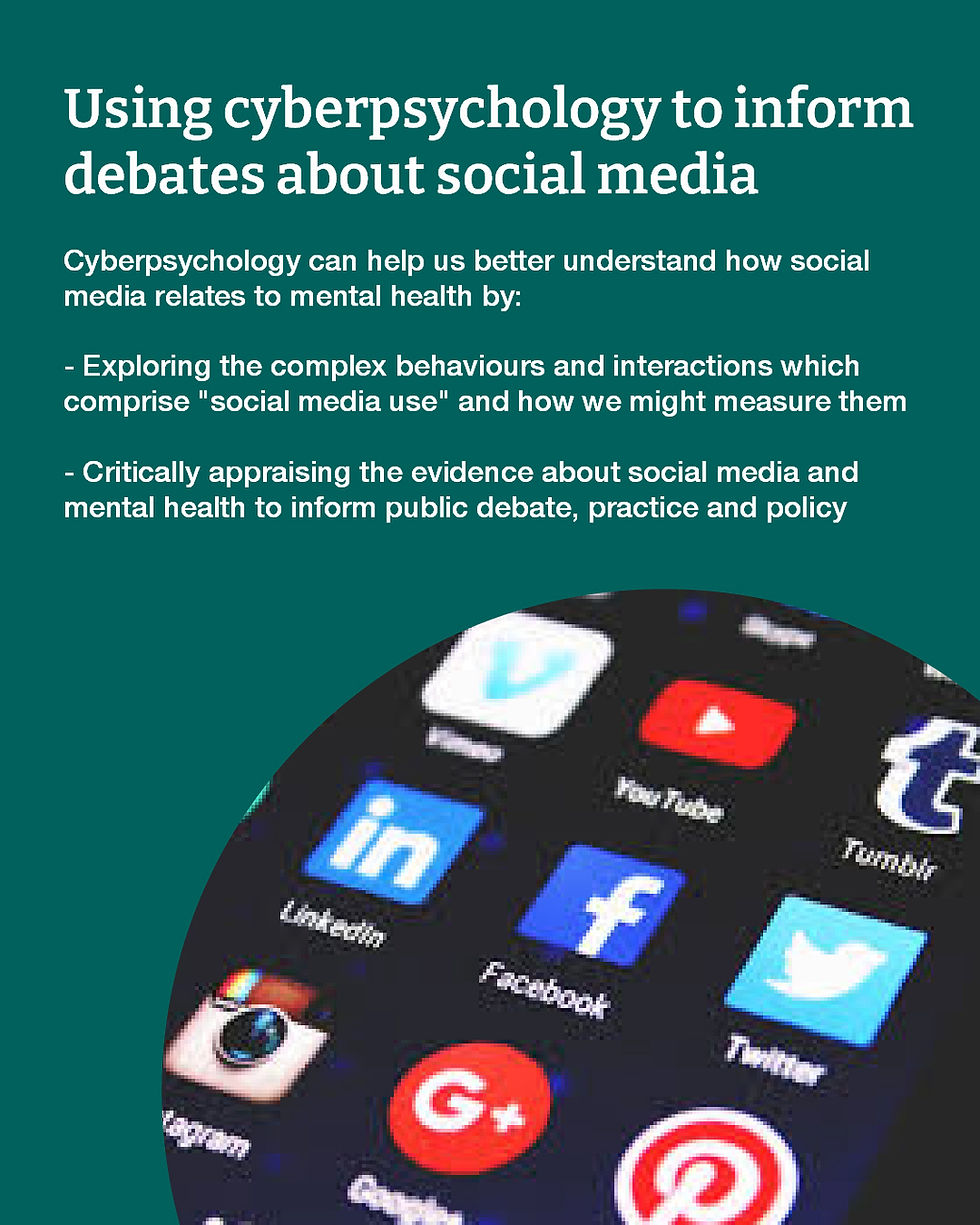Getting the most out of personal statements
- LindaKKaye

- Oct 20, 2023
- 3 min read
Through my experiences of supporting students with personal statements, mentoring colleagues on career progression applications and intercepting job applications, I’ve seen a wide array of ways that people represent themselves and their achievements. Whilst some are very strong, others seem to be missing the mark. It’s been intriguing to observe such a discrepancy in how literate people are in “selling themselves”.
In my ongoing efforts to reduce the divide between academic natives and immigrants, here is a worked example of how to make the most of things like personal statements and application letters.
A Worked Example
Take this hypothetical example of a statement which might appear in a personal statement for an academic job or promotion application:
“I have taught on modules in personality psychology and run small-group seminars with first year undergraduate students. I have worked with several dissertation students and greatly enjoy supporting students to get the most from their courses”.
Although the statements in here help the recipient know about what the applicant has done, it gives no insight on whether they’re actually any good at these things or not. Don’t assume that the person reading your statement knows you are any good at these things, so make sure you tell them! The following statement builds further from the previous one which starts to do this better:
“I have successfully taught on modules in personality psychology and run small-group seminars with first year undergraduate students. Additionally, my effective supervisory skills have resulted in me successfully supporting several dissertation students and I greatly enjoy supporting students to get the most from their courses”.
This is better as the narrative is being framed around successful or effective practice. Of course, this should only be included if you are indeed successful in this! However, this statement can be made even stronger. How? Aren’t academics always obsessed with providing evidence for their claims? Well, it should be no surprise that this also extends to providing claims about oneself. Here is an example of how this applies to this statement:
“I have successfully taught on modules in personality psychology and run small-group seminars with first year undergraduate students. My success at this is evidenced from this year’s module attainment results being high and from positive module evaluations. Additionally, my effective supervisory skills have resulted in me successfully supporting several dissertation students and I greatly enjoy supporting students to get the most from their courses. My successes in supervising students are evident from one student this year having their research findings presented at an academic conference.”
This is getting far stronger, but there might even be one final extra step to make here. Whilst the above example includes useful evidence about success, what would be much more compelling is evidence of consistent successful practice, rather than a one-off example. In this example, this might look something like this:
“I have successfully taught on modules in personality psychology and run small-group seminars with first year undergraduate students. My success at this is evidenced from my modules consistently obtaining high attainment and receiving overwhelmingly positive module evaluations. Additionally, my effective supervisory skills have resulted in me successfully supporting many dissertation students and I greatly enjoy supporting students to get the most from their courses My successes in supervising students are evident from my students having their research findings presented at academic conferences.”
I hope this worked example provides a concrete basis for pin-pointing some ways to “sell” yourself within applications and personal statements. On a more general level, below is a summary of these as well as additional some top-tips but I’m sure there are far more to add to this.
Top Tips
Don’t assume the person reading your statement knows you and how good you are; tell them directly (by using the below strategies)
Frame your statements of experience and skills by your success at these (not just listing what you have done)
Use evidence to support your claims (e.g., anonymised short student evaluation comments, high course attainment, anonymised short testimonial statements, awards or nominations for awards, etc)
Where possible, use evidence and make claims about your consistency in being successful/effective rather than one-off examples
It’s also worth making explicit how you and your skills/experience will contribute to the existing strategies and/or culture of the place you’re applying to. Why are you the best person to help them realise these ambitions?



Crafting a strong personal statement is like converting a JPG to vector image both require clarity, precision, and attention to detail. A blurry or unfocused statement, like a low-quality JPG, fails to make an impact. But refining and structuring your achievements, just like vectorizing an image, ensures sharpness and scalability. Whether in job applications or design, presenting yourself in the best possible way makes all the difference.
Australian Assignment Help is a lifesaver for students grappling with academic challenges. Their expert guidance ensures thorough understanding of subjects and timely submissions. I've relied on their services and have always been impressed by the professionalism and quality of work delivered. For anyone seeking reliable support to excel in their studies, Australian Assignment Help is the ultimate solution. Trust me, you won't regret it!